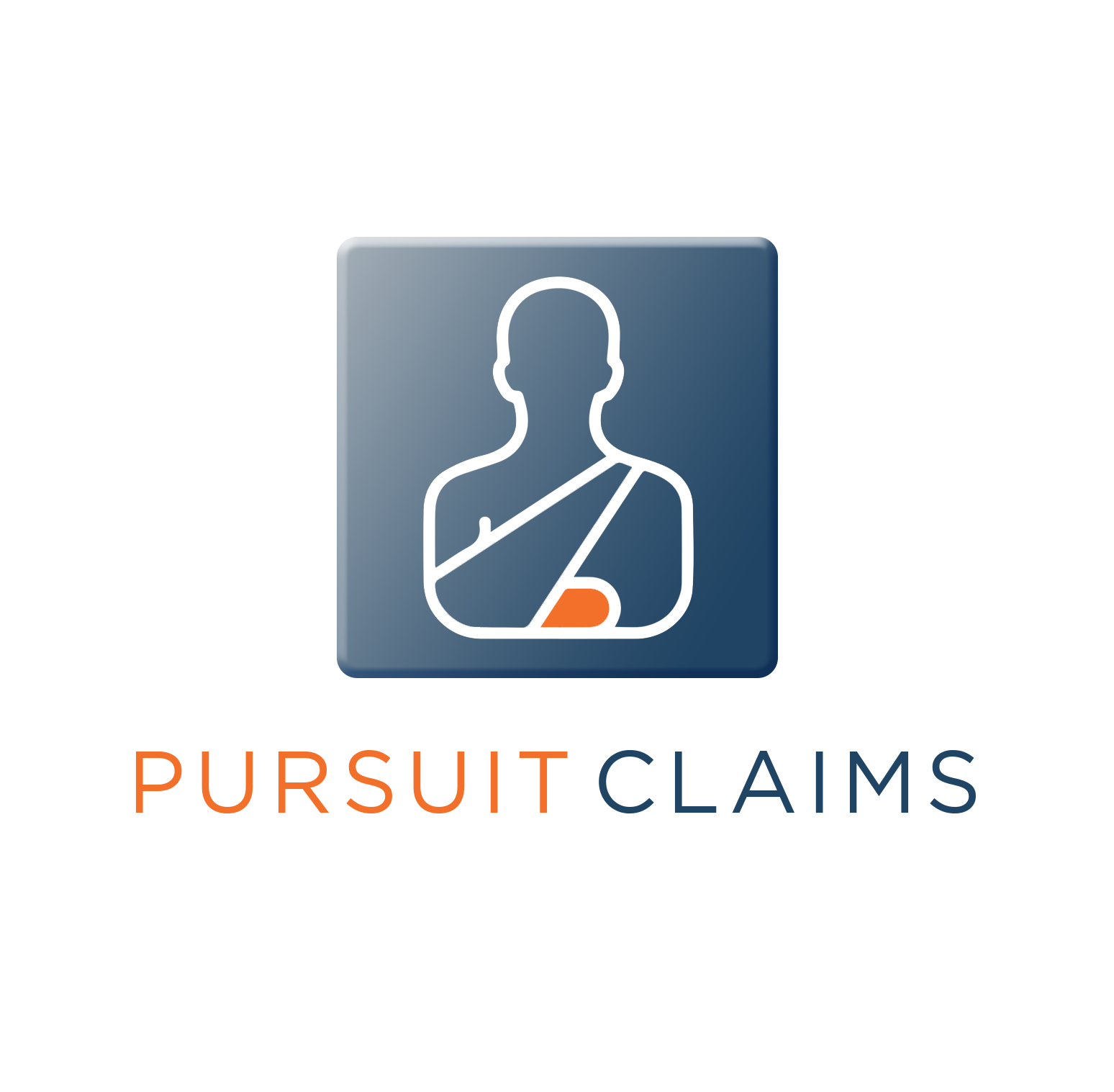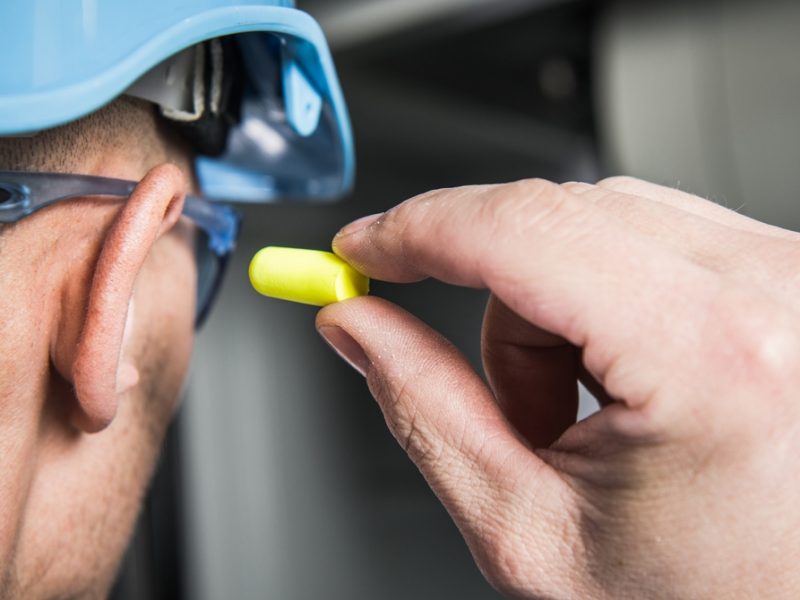Industrial Deafness Claims – How To Claim If Your Suffing From Hearing Loss
If you are currently suffering from hearing loss, did you know that your workplace could be responsible for it?
The HSE estimates that as much as 20,000 employees in the UK are suffering from a variety of hearing loss problems caused by their workplace.
Unfortunately, many people suffering from hearing loss are unaware their job could be causing it.
Since hearing loss takes a long time to materialise after the first exposure, victims of this injury often believe the loss is due to age insted of their former noisy working environments.
Sometimes, those who know the cause of their injury do not take action because they are unsure how to make a claim or are worried it could negatively affect their job if they are still employed.
If you believe your injury to be caused by your working environment, you can get some form of reprieve to compensate for your suffering. In this article, we cut through the noise to give you a concise guide to pursuing an industrial deafness claim.
Industrial deafness is a condition wherein a person’s hearing deteriorates over a long period of time because of repeated exposure to a noisy work environment. It is also known as occupational deafness or noise induced hearing loss (NIHL).
Nightclubs, factories, mines, quarries, farms, power stations, and foundries are some examples of workplaces with continuously loud noise. Industrial deafness can either be temporary or permanent.
What are the symptoms associated with industrial deafness?
Exposure to high decibel noise in your workplace can lead to several symptoms including:
- Hearing difficulty in one or both ears
- Difficulty in keeping up with conversation
- Being able to only hear media properly by turning it up to high levels
- Permanent or temporary hearing loss
- Absolute hearing loss in one or both ears
- Inability to hear well when there is background noise
- Difficulty in hearing telephone conversations
Yes, these two hearing conditions are also symptoms of industrial deafness. However, some people suffering from them do not realise this.
Can my employer be held responsible for my injury?
Generally in the UK, employers are tasked with ensuring their workers are protected from accidents at work . This can be seen in the several safety laws guiding workers.
Control of Noise at Work Regulation
In 2005, the government introduced the much more stringent Control of Noise at Work Regulation in a bid to guard employees in the workplace from constant exposure to extreme noise levels. Prior to this legislation was first introduced in 1963. What this means is that people who have worked in noise from 1963 to present day are eligible to make a claim if they feel they have not been provided with the adequate protection.
A part of this regulation saddled employers with the responsibility of ensuring their employees were working in a safe environment devoid of accident-prone areas and excessive noise pollution.
When Do Employers Need To Take Preventative Action?
To cite an example, for work environments with noise levels above 80 decibels, the regulation demands employers look for ways to reduce the noise. For example using quieter equipment, installing noise-absorbent material, or even cutting down working hours.
In special cases where it is impossible to reduce the noise, the regulation makes it compulsory for employers to equip their workers with protective gear to defend against noise.
In addition, employers are mandated to train and provide workers with information on how they can maintain and use protective gear.
Employers who fail to provide a safe environment for their workers will be deemed to have run afoul of the regulation. So if you believe your employer breached the Control of Noise at Work Regulation, you can file for compensation.
How can I begin an industrial deafness claim?
Begining an industrial deafness claim requires several steps that must be adhered to if you desire your case to be successful. Here are the important steps we recommend following:
Get a medical diagnosis
An important part of your claim will be a certified medical report containing details of your injury, physical symptoms, treatments, and its effects on your quality of life.
It is this medical report that will be used to determine the amount of compensation you are liable to.
Collate evidence
You have to prove, beyond all reasonable doubt, that your injury was caused by your work environment. And doing this could entail gathering evidence about your workplace conditions.
Statements from your co-workers will also be ideal as eyewitness accounts tend to add credibility in the eyes of the law.
Prove your employer’s negligence
A vital part of your claim will be proving that your employer failed to take the appropriate measures that would have prevented your injury.
These measures could be inability to provide you with safety equipment or neglecting to give you training or information that would have averted the injury.
In addition, you also need to show that your employer was well aware of the damage their negligence could cause but declined to take action.
When your compensation amount is being calculated, the expenses you incurred as a result of the injury will also be a determining factor.
But this would only be possible if you keep proof of all injury-related expenses. So, ensure that your receipts are safely stored and all costs are recorded.
1) General damages:
This factor deals with situations whose exact amounts cannot be calculated. In essence, general damages are usually given for suffering, pain, loss of amenity, and trauma.
The Judicial College is in charge of determining the amount of general damages to be awarded in personal injury claims.
2) Special damages:
In contrast to general damages, special damages are awarded for the financial expenses and loss that you incurred because of the incident.
This means you should expect to be reimbursed for things like:
- Loss of earnings (also includes future earnings)
- Care expenses
- Physiotherapy
- Medical prescription and treatment costs
- Travel expenses
- Adaptation of home or car expenses
How much compensation should I expect after the successful completion of my claim?
It is difficult to provide a precise figure since no two industrial deafness claims are the same. Every case is unique because it differs in conditions, severity, and impact on life.
Generally speaking, based on information gathered from previous claims cases, you can expect the following as compensation amounts:
Please note: these are general guidelines only and does not guarantee the amount you may receive.
1) Minor injuries:
For minor tinnitus or deafness, the compensation amount will be up to £5,590.
2) Moderate injuries:
For moderate tinnitus or deafness, compensation will range from £10,040 – £11,890.
3) Serious injuries:
For serious tinnitus or deafness, the compensation amount will be from £11,890 – £23,670.
For total hearing loss in one ear which comes with dizziness and headaches, expect compensation ranging from £24,950 – £36,310.
4) Severe injuries:
For severe tinnitus or deafness, compensation will range from £23,670 – £36,310.
For total hearing loss, compensation will be from £72,330 – £87,410.
For total deafness and speech loss, compensation will be in the range of £96,150 – £123,310.
Is there any time limit for filing an industrial deafness claim?
Yes, industrial deafness claims have a time period for you to file for compensation. The law stipulates a time limit of three years, starting from the date you found out that your deafness is caused by noise pollution in your workplace. Ideally, you should begin your claim as soon as you get your diagnosis.
How will my employer be found liable?
If your employer is found guilty of breaching the Control of Noise at Work Regulation and readily agrees that they are culpable, your claim will be settled out of the courts. This option is the one most favoured by solicitors; so don’t be surprised if your lawyer pursues this course.
But if your employer refuses to accept liability for your injury, your claim may go to court where a judge will decide your case on the basis of your evidence.

